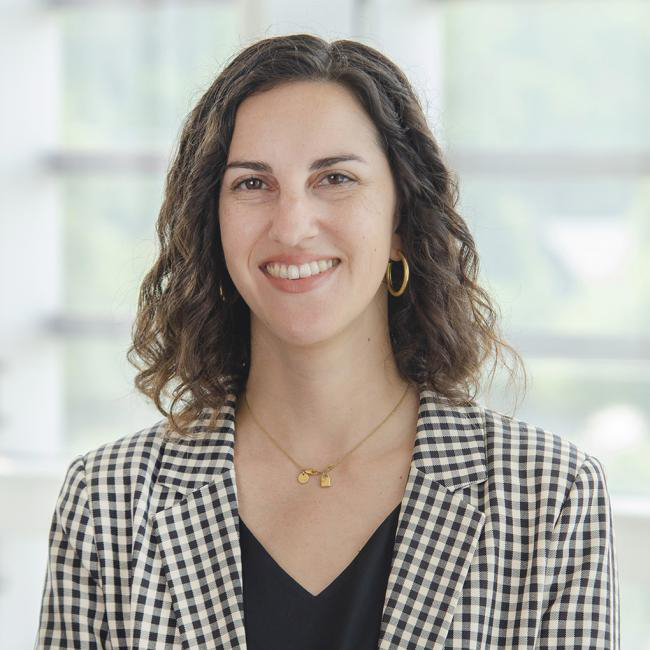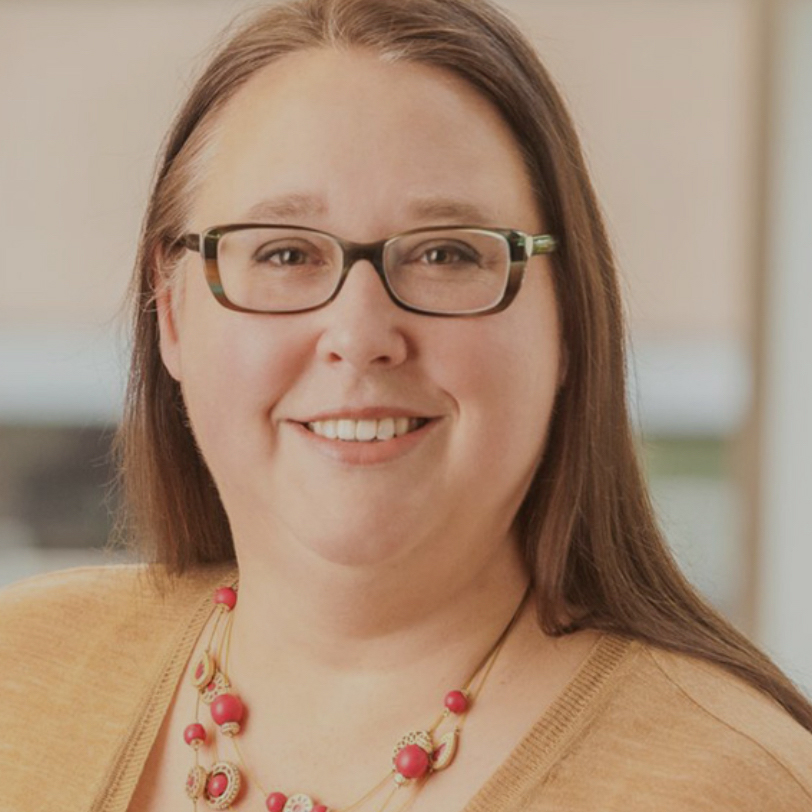Opioids & Substance Use: How it Affects the Lives of Our Patients
for professionals in psychology, behavioral health, and social work
Presented by Drs. Kenneth Zoucha, Sara Zachman, and Claudia Moore
Videos
The videos below include Part 1 and 2 of the training on “Opioids & Substance Use: How it Affects the Lives of Our Patients.”
Part 1:
Opioids and Substance Use: How it Affects the Lives of Our Patients
(Drs. Ken Zoucha & Sara Zachman)
Part 1 Slides
Part 2:
Opioids and Substance Use: How it Affects the Lives of Our Patients
(Drs. Ken Zoucha & Claudia Moore)
Part 2 Slides
Description:
According to the 2021 National Survey of Drug Use and Health an estimated 6.7% of adults aged 18 or older in 2020 (or 17.0 million people) had co-occurring any mental illness (AMI) and a substance use disorder (SUD), and 2.2% (or 5.7 million people) had co-occurring serious mental illness (SMI) and a SUD in the past year. While our knowledge of neurobiology has blossomed, it is important to remember that substance use has far-reaching health and social consequences. Addiction impacts normal functioning in the family, among peers, in school and the workplace, and the broader community.
Because substance use and SUDs impact so many aspects of a person’s life, treatment is not simple. Effective treatment addresses many components of life, and to be effective, an individual treatment plan addresses particular aspects of the illness and its consequences. It is important that SUDs are seen as a chronic disease process that requires ongoing care to be effective. Resiliency factors will be addressed. This training will also address epidemiology, neurobiology, effective screening and assessment, and evidence-based treatment.
Objectives:
- Understand how the neurobiology of opioids make them so prone to a use disorder.
- Identify the impact that opioid use can have on pregnancy and why it is important to screen pregnant women.
- Discuss the impact that co-occurring psychiatric disorders can have in patients with substance use disorders.
- Describe the science behind the use of medications to treat opioid and other substance use disorders.
Date Presented: Thurs., May. 16, 2024, 8am – 12pm (Central)
Date Training Expires: May 16, 2026
Supporting Material
No additional materials available
About the Speakers

Dr. Kenneth Zoucha
MD
Dr. Kenneth Zoucha is a recognized leader in addiction medicine for the State of Nebraska and serves as Director of Addiction Medicine for the Department of Psychiatry at the University of Nebraska Medical Center (UNMC). Board certified in Pediatrics and Addiction Medicine, Dr. Zoucha has extensive experience that includes his 20-year career as a general pediatrician in Nebraska. He now specializes in the treatment of substance use disorders in adolescents and peripartum women. Dr. Zoucha served as medical director for several adolescent secure care placement facilities throughout the state, and serves as the current medical director of Radius, a specialized restorative treatment center serving youth with a broad array of experiences, backgrounds, and trauma involved with juvenile justice.

Dr. Sara Zachman
MD, MPH
Dr. Sara Zachman is an addiction psychiatrist with Nebraska Medicine and an assistant professor in the UNMC Department of Psychiatry. She completed an addiction psychiatry fellowship at the Medical University of South Carolina before returning home to Omaha and joining UNMC as faculty in 2021. She currently works as an outpatient addiction psychiatrist in Nebraska Medicine’s Addiction Treatment Clinic and at Charles Drew Health Center. She also serves as medical director of Nebraska Medicine’s Intensive Outpatient Program and works with the liver transplant team on pre-liver transplant evaluations.

Dr. Claudia Moore
MD
Dr. Moore is an addiction medicine physician at UNMC. She completed fellowship in 2021 after a lengthy career as an emergency physician. She has an outpatient practice seeing addiction patients at Nebraska Medicine.
These trainings were funded in whole or in part by funds from the SAMHSA Community Mental Health Block Grant, SAMHSA Substance Abuse Prevention and Treatment Block Grant and state funds sub-granted from the Nebraska Department of Health and Services, Division of Behavioral Health.


